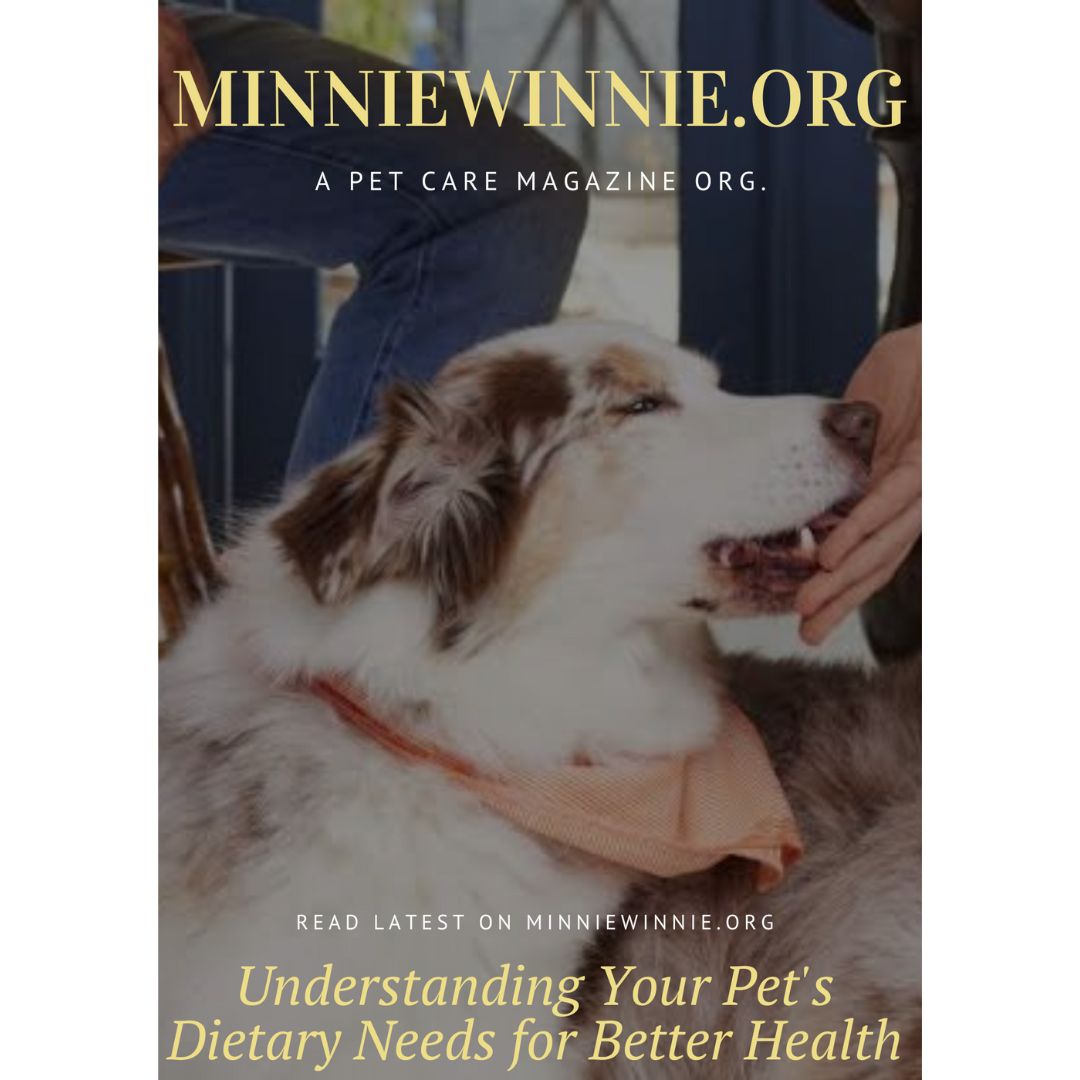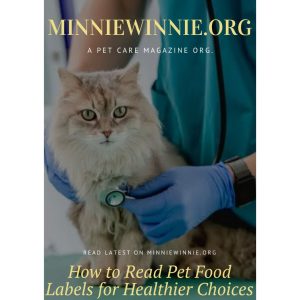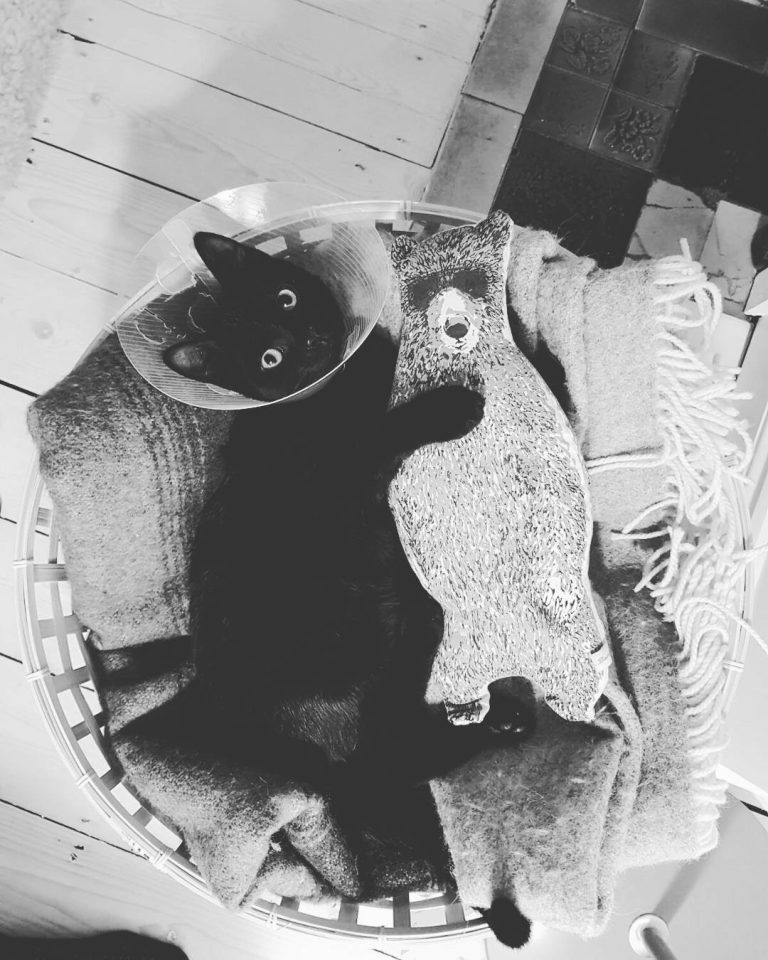Understanding Your Pet’s Dietary Needs for Better Health
Know Their Nutritional Requirements
Every pet has unique dietary needs based on species, breed, age, size, and activity level. Dogs and cats, for example, require a balance of proteins, fats, carbohydrates, vitamins, and minerals to stay healthy. Consult with a veterinarian to determine the best nutritional balance for your pet.
Provide High-Quality Food
Choose high-quality pet food that meets your pet’s nutritional needs. Look for options that are labeled as “complete and balanced” by reputable organizations, such as the Association of American Feed Control Officials (AAFCO). Avoid fillers and artificial additives.
Consider Age-Specific Diets
Puppies, kittens, adult pets, and senior animals all have different nutritional requirements. Younger pets need nutrient-rich diets to support growth, while seniors may require lower-calorie options to maintain a healthy weight and support joint health.
Monitor Portion Sizes
Overfeeding can lead to obesity, while underfeeding can result in malnutrition. Follow feeding guidelines provided on pet food packaging and adjust based on your pet’s activity level and weight. Regular weigh-ins can help you stay on track.
Understand Special Dietary Needs
Some pets may require specialized diets due to allergies, medical conditions, or sensitivities. For instance, pets with kidney disease may need low-protein diets, while those with allergies might benefit from hypoallergenic food. Always consult a veterinarian for guidance.
Incorporate Fresh Water
Hydration is essential for your pet’s overall health. Ensure fresh, clean water is always available, and encourage drinking, especially in pets prone to dehydration, such as cats.
Limit Treats and Human Food
While treats can be a great training tool, they should make up no more than 10% of your pet’s daily calorie intake. Avoid feeding human food, as many items—like chocolate, onions, and grapes—can be toxic to pets.
Include Omega Fatty Acids
Omega-3 and Omega-6 fatty acids support healthy skin, a shiny coat, and overall well-being. Consider adding pet-safe supplements or choosing food with these essential nutrients.
Watch for Signs of Food Intolerance or Allergies
Symptoms like itching, diarrhea, vomiting, or ear infections may indicate a food allergy or intolerance. If you notice these signs, consult your veterinarian to identify triggers and adjust your pet’s diet.
Schedule Regular Check-Ups
Routine vet visits are crucial for monitoring your pet’s health and adjusting their diet as needed. Your veterinarian can recommend dietary changes to address evolving needs as your pet ages.
Avoid Sudden Diet Changes
If you need to switch your pet’s food, do so gradually over 7-10 days to avoid digestive upset. Mix increasing amounts of the new food with the old to help your pet adjust.
Feed on a Consistent Schedule
Establishing regular feeding times helps regulate your pet’s digestion and prevents overfeeding. Stick to a schedule that aligns with their natural eating habits.
Consider Homemade or Raw Diets with Care
If you opt for homemade or raw diets, ensure they are nutritionally balanced and safe. Work closely with a veterinary nutritionist to avoid deficiencies or harmful ingredients.
Understanding and meeting your pet’s dietary needs is key to their overall health and happiness. A balanced, tailored diet will help them thrive, ensuring they enjoy a long, healthy, and active life by your side.










